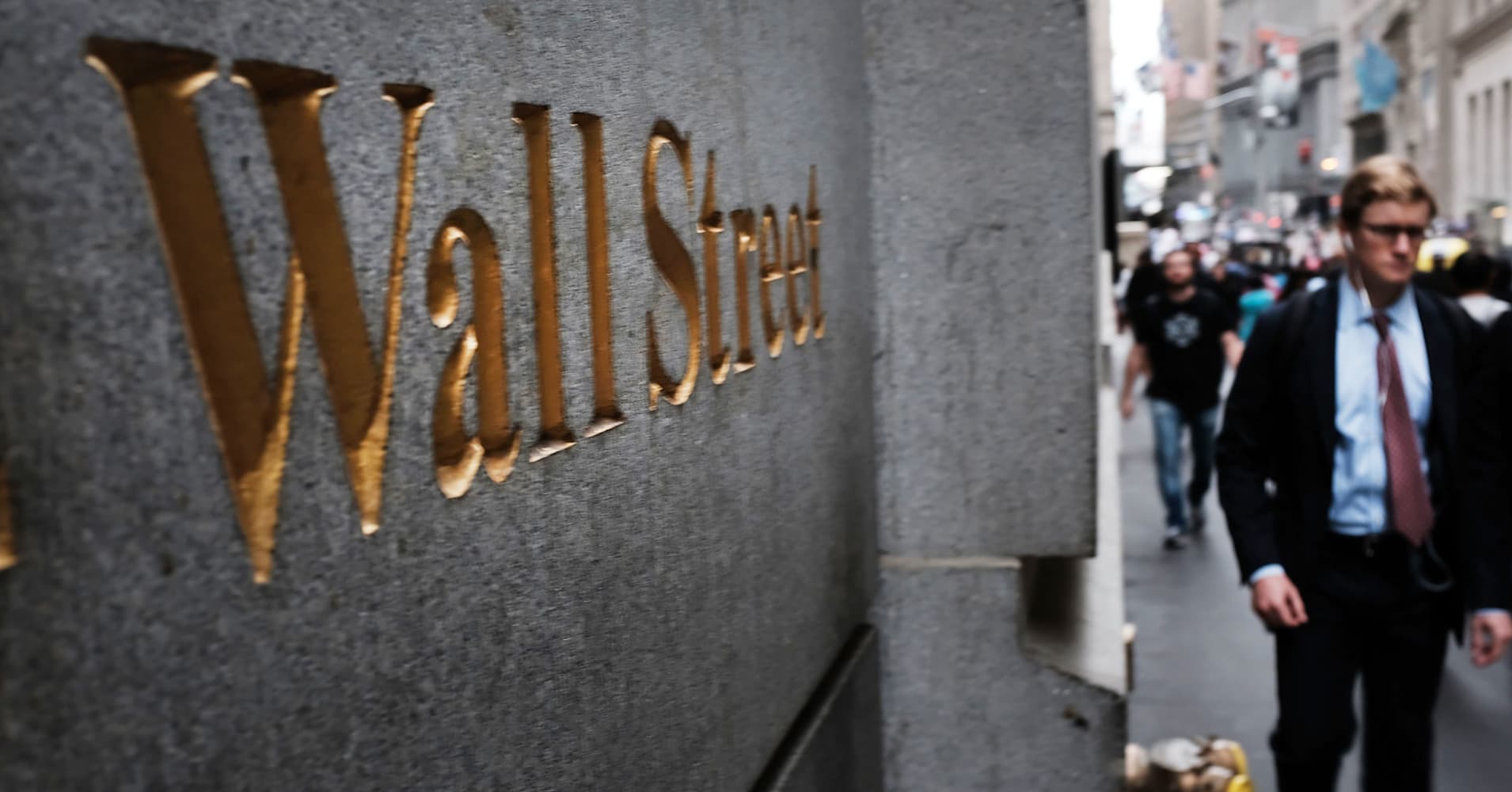
The stock market has basically topped out and won't deliver the eye-popping returns that investors have become accustomed to in recent years, hedge fund manager David Gerstenhaber told CNBC on Monday.
"I'm not predicting a bear market at this point. I want to be very clear about that," said the Argonaut Capital Management president. "[But] you probably don't get a peak of substance in the market until the end of the economic cycle is in sight."
Stocks traditionally tend to shoot up in the last legs of an economic cycle, Gerstenhaber said. While he did not predict when that cycle might end, he did say, "If things work out quite well, you probably get 3 to 5 percent over the market next year."
Gerstenhaber is one of Julian Robertson's first so-called Tiger Cubs, stars who managed money at Tiger Investment Management. As a trained economist, Gerstenhaber launched the macro investment group at Robertson's shop, which was responsible for some of the fund's biggest calls during the 1990s, such as betting on the collapse of the British pound and the sharp slide in crude prices following the onset of the Persian Gulf War.
About 10 days ago, Gerstenhaber said he thought the market looked vulnerable. He put on "put spreads" on the S&P 500 and the Nasdaq. He said he's evaluating when to cover those "put spreads," which are an options strategy for investors who are moderately bearish. "[The market] has gotten down to where I thought it was going to get in terms of the hard break."
In early trading on Monday, the S&P 500 has been down and up, continuing the volatility of last week, which ended with strong gains on Friday. But those gains were not nearly enough to make up for the rout on Wednesday and Thursday. The S&P 500 fell 4 percent for the week.
"Looking back a year, the Fed was radically mispriced, in my opinion. It seemed economic growth was pretty strong. The Fed had indicated that they wanted to tighten and the market really didn't believe it," Gerstenhaber said in a "Squawk Box" interview.
But that changed on Oct. 3. After the market closed that day, Federal Reserve Chairman Jerome Powell said monetary policy was a "long way" from neutral, touching off concerns the central bank would hike interest rates more aggressively than forecast. The stock market has essentially been under pressure ever since as higher rates make equities less valuable.
In 2018, the Fed increased rates in three 0.25 percentage point moves in March, June, and September to a range of 2 percent to 2.25 percent. Another hike is expected in December.
After their September meeting, central bankers were projected on a path to raise rates to 3.4 percent, before pausing.
In making his case for capped market gains, Gerstenhaber said he sees the Fed raising rates "multiple times next year" after hiking in December.
"They are doing that against the backdrop of slower economic growth and slowing profit growth," he continued. "The inflation rate is probably creeping up, in my opinion, given what we're likely to see on wages at this point. So the Fed will keep going."
Against that backdrop, Gerstenhaber said investors must be prepared for lower rates of return on financial assets. "It's an argument for more cash, unequivocally at this point."
The S&P 500 is coming off a 19.4 percent gain last year, on top of a 9.5 percent advance in 2016. The index was basically flat in 2015, after three straight years of double-digit gains.
No comments:
Post a Comment